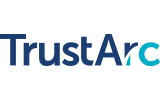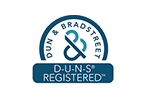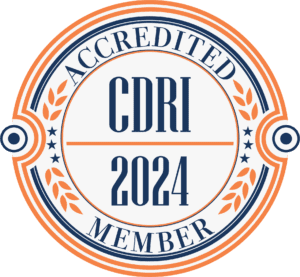How Do I Negotiate Debt Settlement?
Having enormous debt can be financially and mentally draining. It can be challenging to deal with a financial setback, but if you are proactive in addressing your debt issues head-on and creating a comprehensive plan, you are already taking the necessary steps to eventually become debt free. If you’re wondering about how to negotiate debt settlement, there are multiple options available that can be tailored to your specific debt situation.
Negotiating Debt Settlements
Debt settlement occurs when you, your lender, and perhaps a third-party company like Liberty Debt Relief that specializes in this type of negotiating, determine an amount that is needed to settle your outstanding balance. This is typically a partial amount, but lenders who are willing to make such an agreement usually do so because they would prefer to at least receive part of the money you owe instead of getting nothing. For example, if you do eventually decide to file for bankruptcy, it is likely that they will not receive any money or will get very little in the end. Lenders know this, so they are sometimes willing to work with you to come to an agreement.
Debt settlement can be a great debt relief tool depending on the amount of debt that you have and your financial situation. Here are some of the types of debt settlements you can negotiate:
Lump Sum Payment
A lump sum payment is when a lender, such as a credit card company, is willing to accept a lump sum payment of cash that is lower than what you owe to settle your debt balance. For example, if you owe $10,000 and you can negotiate to 40%, then you end up only paying $4,000. Agreeing to a lump sum payment also means that you must have a significant amount of cash on hand to make the payment. That may not be possible depending on your financial situation.
Forbearance Agreement
A forbearance agreement is another option to consider when negotiating debt settlement. This can be a great option if you are currently experiencing a financial setback and need time to regain control of your finances. With a forbearance agreement, your lender freezes your account balance and agrees to a set an interest rate maximum. For a specific amount of time, you are not charged any late fees or penalties. This can give you the time you need to save money and pay off your debt.
Income-Based Repayment Plan
An income-based repayment plan is also a great option to consider. With an income-based repayment plan, you can work with your lender to come up with a comprehensive schedule for you to repay your debt, potentially at a lower interest rate. During this time, your account balance is frozen, so you do not have to accrue additional interest or late fees. Again, this will depend on your lender and if they are willing to negotiate with you.
Finding the Right Resources
Because of the considerable impact debt settlement can have on your finances, taxes, and credit, it is vital to do your research and find the resources you need to make the best decisions for your future. Liberty Debt Relief would like to give you all the information you need and negotiate debt settlement on your behalf, so apply to work with us today.


















Leave a Reply
Want to join the discussion?Feel free to contribute!